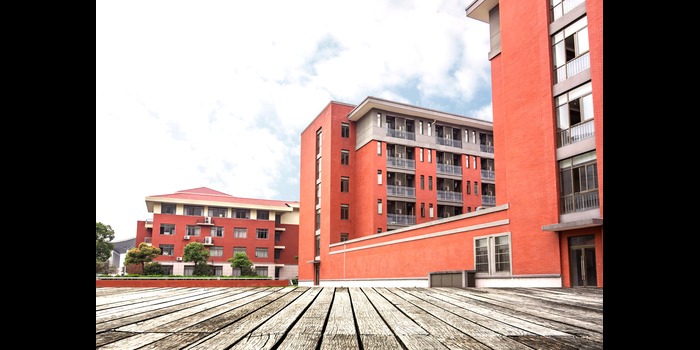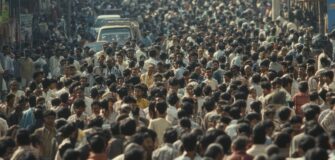One Killed in Blast Near Madhyamgram School
Share

On Monday a huge blast close to a school in the North 24 Parganas area of West Bengal caused a devastating tragedy killing one person and frightening the people. The blast happened during the regular afternoon meeting nearby Madhyamgram High School in the Barasat region. This caused great anxiety among the populace, especially among parents and kids.
Early accounts state that the midday blast next to the school destroyed the neighboring buildings totally. Eyewitness testimony indicates that the explosion was strong enough to cause the neighborhood to quake before smoke and dust began to swirl. In a few seconds, teachers and pupils panicked from their classrooms; neighbors came to witness what had taken place. The victim, apparently local, perished immediately in the explosion. Given that there was evidence of an explosion, the police transported his body for an autopsy.
Following the accident report, police and the bomb squad moved swiftly. In an attempt to calm rising worries, the administration intended to discharge the pupils early; the school was shut down totally to safeguard the staff members and pupils. Many parents raced to the area looking for their children as the news spread; they carried them to safety then chronicled the pandemonium.
Law enforcement is looking into the source of the blast, which includes the possibility that raw explosives were kept or created nearby. According to the police leadership, the evidence clearly suggests the regional manufacturing of explosives, a disturbing tendency noticed again and again in West Bengal. Though no group has claimed responsibility for it, the fact that the explosion happened at such a particular time and place has raised questions about the continued use of illegal explosive devices in homes and schools.
The incident shocked the people of Madhyamgram, who were used to sporadic fights brought on by the political division of the area. Many residents expressed their frustration about what they believed to be inadequate action by authorities to meet the threat, with many claiming that simple bombs have now become rather common in intergroup disputes in the area, particularly during electoral seasons. For households residing close to the school, the fact that the blast took place dangerously close to hundreds of youngsters any of whom might have been trapped in the blast made the terror worse.
Political parties, meanwhile, were fast to allocate responsibility. Claiming political patronage is directly to blame for the spread of illicit weapons and explosives, opposition leaders charged the ruling Trinamool Congress of fostering an environment where such violence has become somewhat regular. The governing party, meanwhile, refuted the charges and said the government would conduct an objective investigation to find out the truth. They claimed that opposition parties were trying to benefit politically from the catastrophe.
Police in Barasat and the nearby area stepped up patrols and conducted raids on suspected hiding places following the blast in an effort to locate explosives and prevent any more events. Senior officers pledged that the culprits would be caught and judged. “No one will be spared,” according a senior police official, crew had been sent to find the source of the explosives and determine whether the blast was deliberate or accidental.
Additionally, the catastrophe has rekindled the discussion about security around the state’s schools. Parents and teachers’ associations have requested increased surveillance of school surroundings, emphasizing that youngsters should never have to experience the trauma of explosions or violent events so close to their classrooms. Educators maintained that the government should do more to foster a safe atmosphere for young students, who are frequently innocent bystanders in events that have nothing to to with them.
In the immediate aftermath, though, the local populace was overcome by fear and grief. The victim’s family has been left heartbroken, while locals are still concerned about the potential for similar occurrences in the future. Questions about the accessibility of explosives and the ongoing vulnerability of residential communities to such disasters persist as the police probe continues.
The explosion at Madhyamgram serves as yet another reminder of the dangerous undercurrents in some regions of West Bengal, where local conflicts, political rivalry, and the unregulated movement of crude bombs frequently combine with lethal results. The victim’s family and the kids who saw the horror happen may dismiss Monday’s occurrence as just another instance of violence in the state’s problematic environment, but it serves as a painful reminder of the delicate line between everyday life and unexpected catastrophe.


















